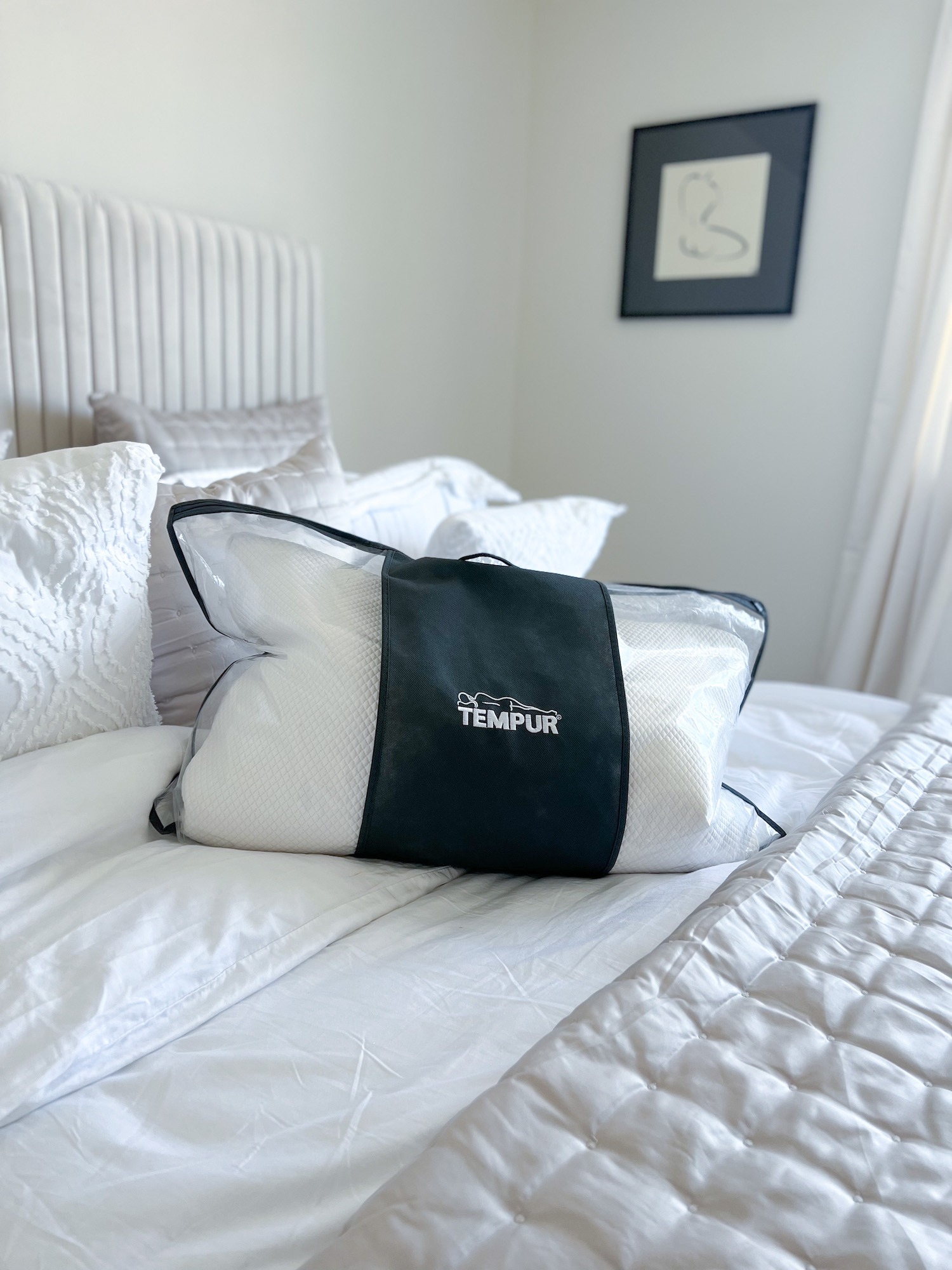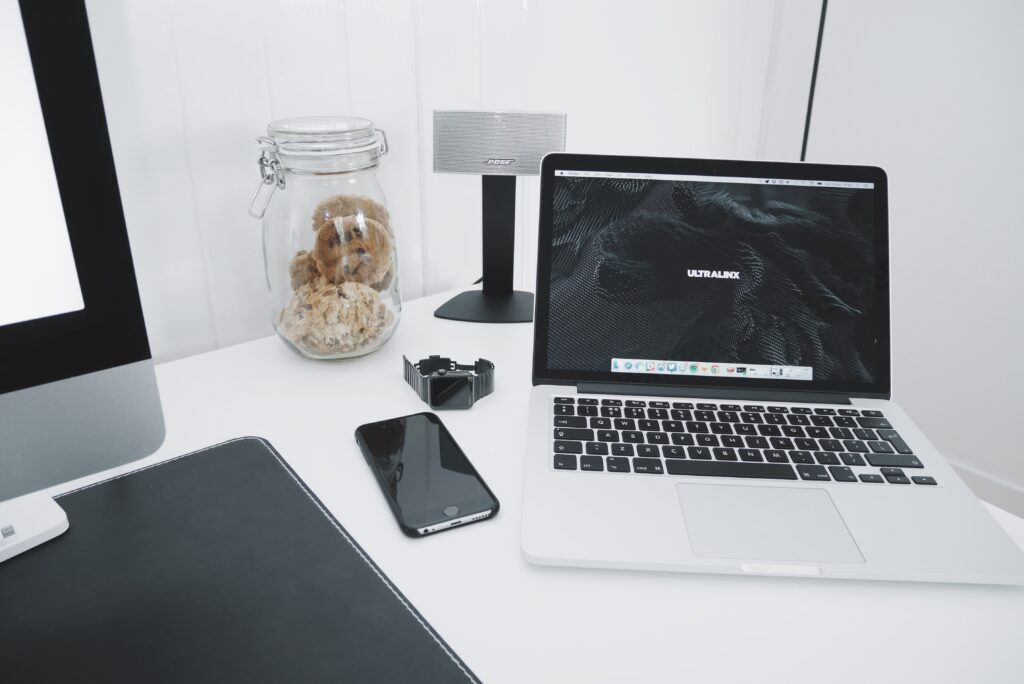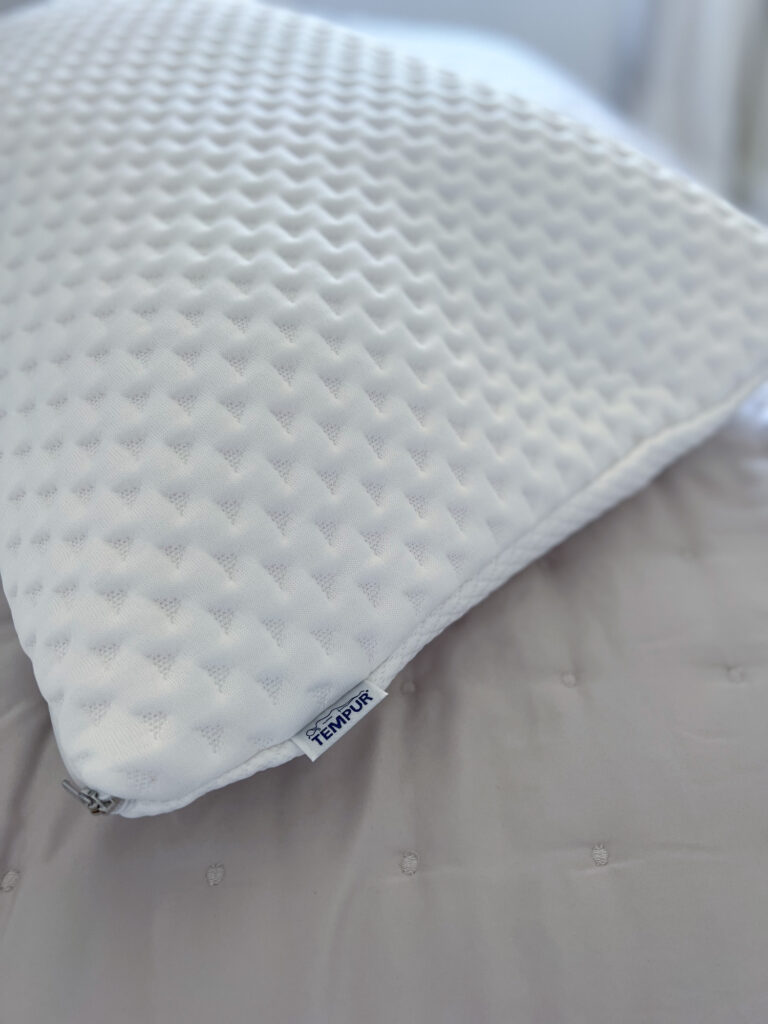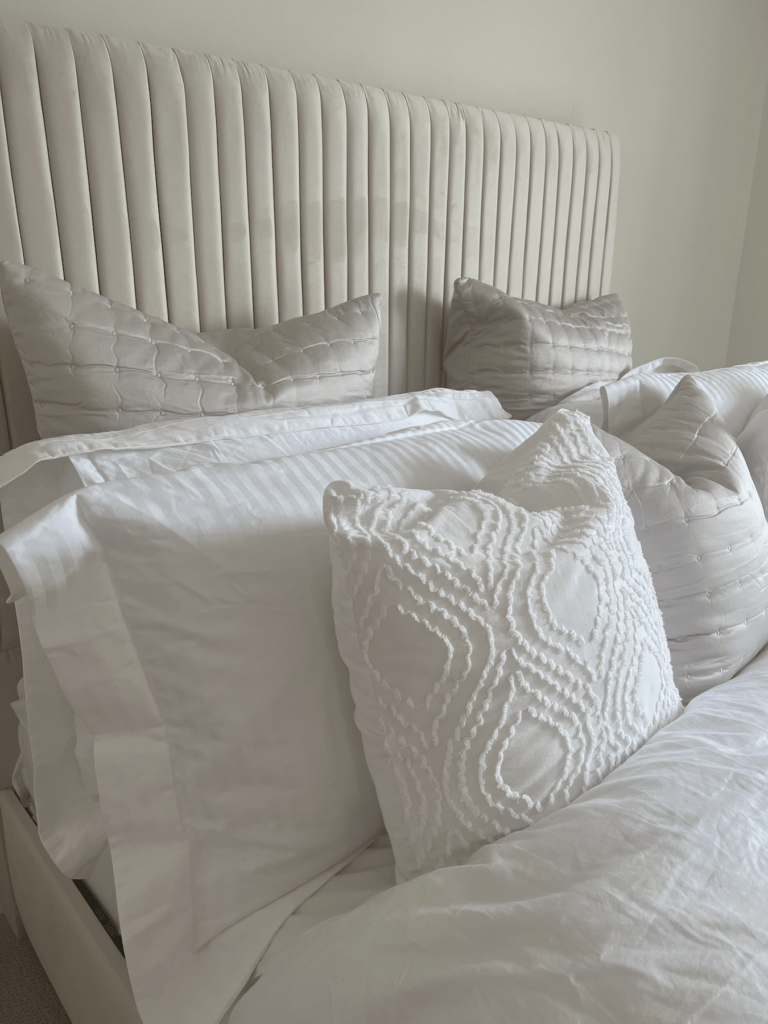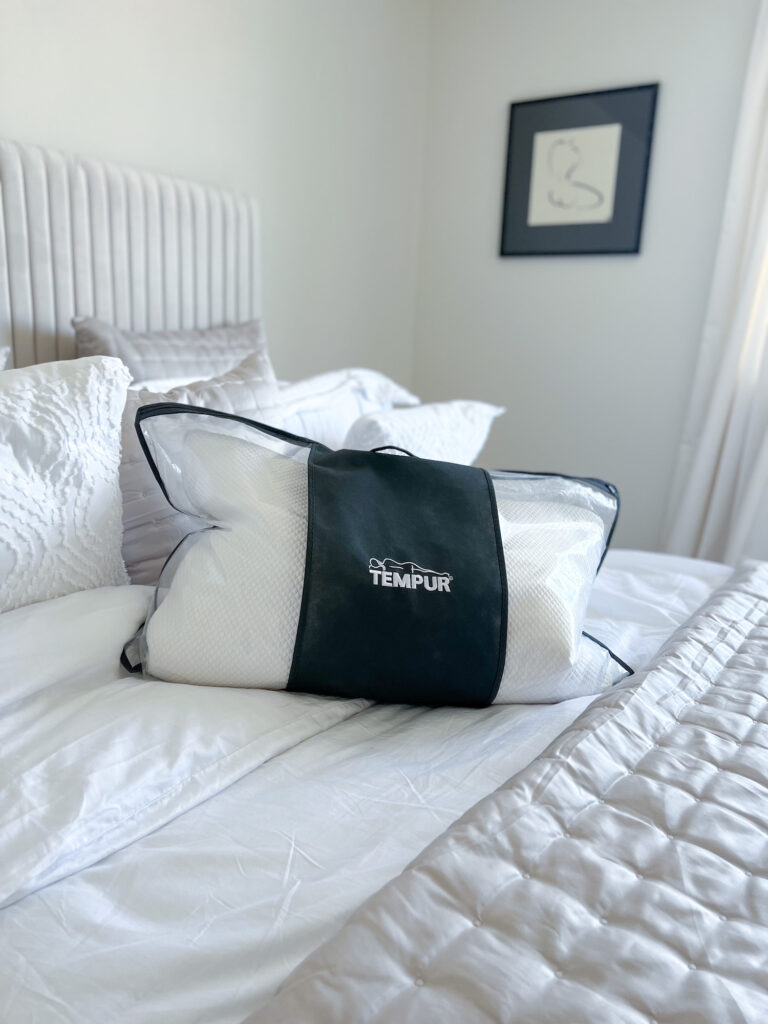4 Simple Tips for Self Care and a Better Night’s Sleep
This post is in conjunction with TEMPUR® however all thoughts are my own.
The pandemic took a toll on the nation’s mental health, with many of us not priorisiting self care, feeling fatigued, run down and dispirited and now we seem to be re-emerging from what saw the world go into a 2-year slumber, in some ways a little better. From my experience what I’ve experienced both personally and from friends, family and those I meet on a daily basis are that time is valued now more so than ever. The little things are now the big things and looking after yourself is far more important than materialistic things.
Feeling good has never felt, well, so good. Over the last 2 years, we’ve all become more agile and adapted to a completely new way of living. Resetting old habits that no longer serve us, whilst spreading positivity and protecting our mental health at all costs, and self care becoming an important part of this.
I’ve often talked about different ways in which my life has changed, so I’m going to share my 4 top tips for feeling good through sleep and self-care.
4 Simple Tips for Self Care and a Better Night’s Sleep
Create a dedicated workspace
I’ve worked at home for the last 7 years (before it was the cool thing to do) so I’ve got this down to a tee. I’ve also reimagined my habits too over the last 2 years. By creating a dedicated work space you can switch off when work hours are over. Take it from me, somebody who used to sit with a laptop working away in bed until 3am, that is not healthy or good for you long term. Fortunately, I’m lucky enough to have an office in my house.
My laptop remains in there and on an evening when I’ve finished working the door shuts and it remains shut until the next day when I’m ready to work again. Being self-employed, I don’t have a 9-5 rule because some mornings I’m in from 6am, and other mornings it’s not until 11am, however, whatever your work schedule is, once your work day is over, turn off the computer or shut down your laptop and switch off.
If you aren’t able to dedicate an entire room as an office, say for example your laptop or computer is on your dining table or kitchen island (which if it is, please speak to your wellbeing department at work as you should be provided with DSE approved furniture to work from home, a barstool isn’t good for long term health), then at the end of the day get into a habit of tidying everything away. Not some days, not when you can be bothered. EVERY DAY.
The reason behind this, you want to train your mind to switch off. For many people switching off previously was when you left the office, now this has completely changed and there’s a lack of disconnect from your work because it’s there on your kitchen table. Tidy it away, or close the door to your dedicated space.
Have the correct equipment
I briefly touched on this, but make sure that you request the correct equipment from your employer, this is essential. An ergonomic office chair will help to alleviate back and neck pain, if you struggle from this pain then I suggest a neck support pillow to ease any discomfort.
Similarly, if you receive your work emails and messages on your personal phone, request your employer to provide you with a work phone, so you can distinguish between work and personal. The crux of self-care here is to know your boundaries, set your boundaries and stick to your boundaries.
Remove distractions at bedtime for 5* self care
Taking televisions and laptops out of your bedroom will help when it comes to your sleeping habits. Think about creating a really luxurious hotel-style bedroom feel which will have you excited to go to bed instead of lying watching films and tv until silly hours in the morning.
The same goes with mobile devices, since I’ve set a ‘bedtime’ on my phone I find that not only my sleeping habits have improved, my productivity and mental health have both increased too. Try and avoid using any devices for about 30 minutes before you try and get to sleep.
Hotel luxury
Just touching back on hotel-style bedrooms, one of the largest improvements I noticed to my self-care and overall sleep quality was when I invested in good quality items such as a mattress, pillows and bed linen for my bed. We spend 1/3 of our lives in bed, so it only makes sense to ensure that we sleep in the best quality for our budget.
Finding a pillow and mattress to comfort and support your head, neck and body all night is essential. Spend some time actively improving and upgrading your bedroom as it’s one of the most important rooms in your home.
Of course, aside from a good mattress and pillow, your nighttime routine will also affect your sleep. Wash your face, brush and floss your teeth, get a good hand scrub, and stop looking at your phone and read a book instead. Self-care before hitting the sack can go a long way
A good night’s sleep is so underrated for so many different reasons, not only does it help to recharge your batteries, but a good night’s sleep also helps;
- To improve your attention and concentration
- Helps to keep your heart healthy
- Keeps your immune system strong
- Helps you to maintain a healthy weight
- Reduces stress levels
- Helps to improve your mental wellbeing
So if you only take one piece of advice away from today, let it be that you need to improve your sleeping habitat to ensure the optimum sleep is achieved and that in itself is the best form of self care out there!

